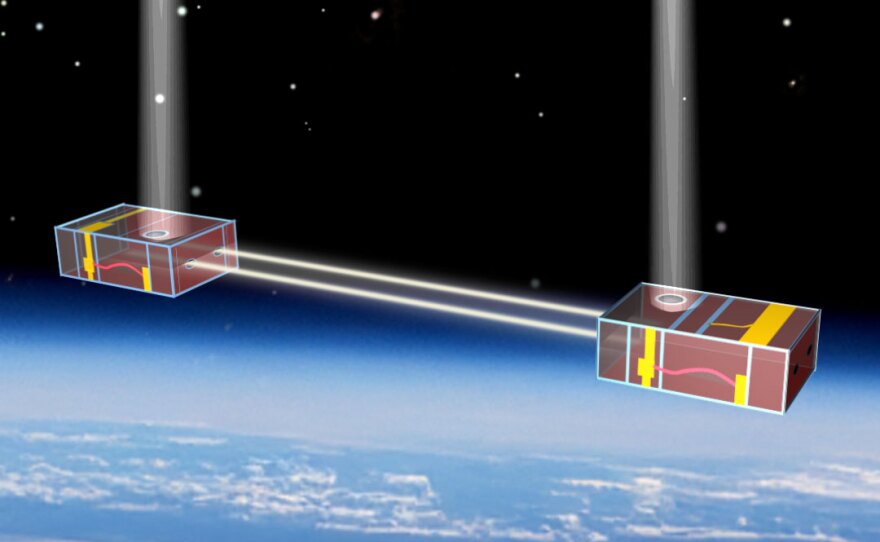The University of Michigan Department of Astronomy is scheduled to launch its first space mission with a $10 million grant from NASA.
The STarlight Acquisition and Reflection toward Interferometry, or STARI, mission will showcase a new technique for finding and studying exoplanets to search for signs of life.
The mission is expected to be launched in 2029.
Project leader, U-M professor of Astronomy John Monnier, says it should make the study of planets out of our solar system less expensive.
“Interferometry is a method of combining telescopes that are hundreds of meters apart to get the power of a very, very large telescope, which, as you know, larger in astronomy is better you can get much sharper images of the sky.”
Monnier says it’s hoped it can be used to find more Earth-like exoplanets and try to detect oxygen in their atmospheres, which is believed to be a sign life may exist.
Non-commercial, fact based reporting is made possible by your financial support. Make your donation to WEMU today to keep your community NPR station thriving.
Like 89.1 WEMU on Facebook and follow us on X (Twitter)
Contact WEMU News at 734.487.3363 or email us at studio@wemu.org









